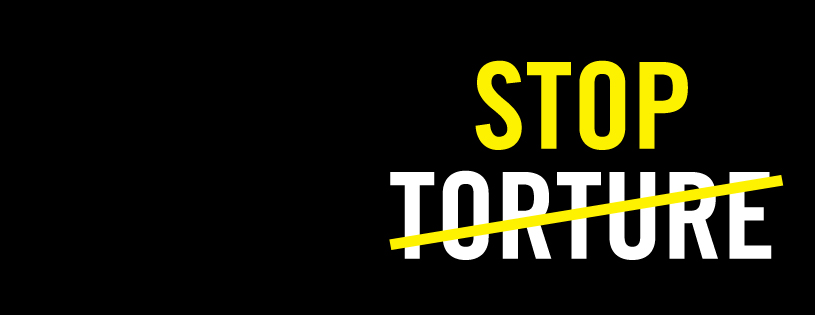Lent term 2016 saw the launch of CUAI’s first ever Homelessness and Human Rights Campaign!
The campaign was a part of the larger ‘Hope and Home’ campaign lead by Cambridge Homeless Outreach Programme (CHOP) and the Cambridge Hub. We also collaborated with a range of other student initiatives advocating for the rights of the homeless communities in Cambridge and abroad, including Cambridge Streetbite, Students Supporting Street Kids (SSSK), and Hiraeth.
All term CUAI’s wonderful college reps have been fundraising for b and CHOP. The money raised in aid of SSSK will be going to grassroots organisations around the world that support street kids, and the money raised for CHOP will be used in further work engaging Cambridge students with organisations working with nthe homeless community in Cambridge.
As well as raising money another aim of our campaign was to engage students with the already existing initiatives helping the homeless community in Cambridge. In one of our weekly meetings we invited representatives of SSSK, Streetbite and Hiraeth to give quick talks about what they do and how CUAI members can get involved. As well as this CUAI sponsored a weekly Streetbite round after our normal Sunday meetings. This gave CUAI members an opportunity to directly help the homeless community in Cambridge, as well as get an idea of the significant numbers of people experiencing homelessness in Cambridge (not the 3 people the local council recognise).
We ended our campaign by hosting a panel discussion entitled ‘Homelessness and Human Rights: What’s being done and What Can We ado?’. The panel featured speakers from a range of different organisations looking at homelessness as a local, national, and international human rights abuse. Barry Griffiths joined us from Jimmys a shelter in Cambridge, François Holmey from Just Fair UK, and Sarah Rose from the Amos Trust. We are incredibly grateful to the speakers for joining us and hope everybody enjoyed the event!
Thank you to everyone who helped make this campaign possible! If you’d like anymore information about how you can get involved with the organisations mentioned above then please see the links below.
Jimmy’s shelter: http://jimmyscambridge.net
Just Fair: http://www.just-fair.co.uk
Amos Trust: http://www.amostrust.org
Cambridge Uni Amnesty International: https://www.facebook.com/camuniamnesty/
Students Supporting Street Kids: https://www.facebook.com/SSSKcambridge/
Cambridge Hub: https://www.facebook.com/CambridgeHub/
Cambridge Homeless Outreach Programme: https://www.facebook.com/CambridgeHomelessOutreachProgramme/
Streetbite: http://streetbite.soc.srcf.net/
Hiraeth: https://www.facebook.com/hiraethcambridge/




